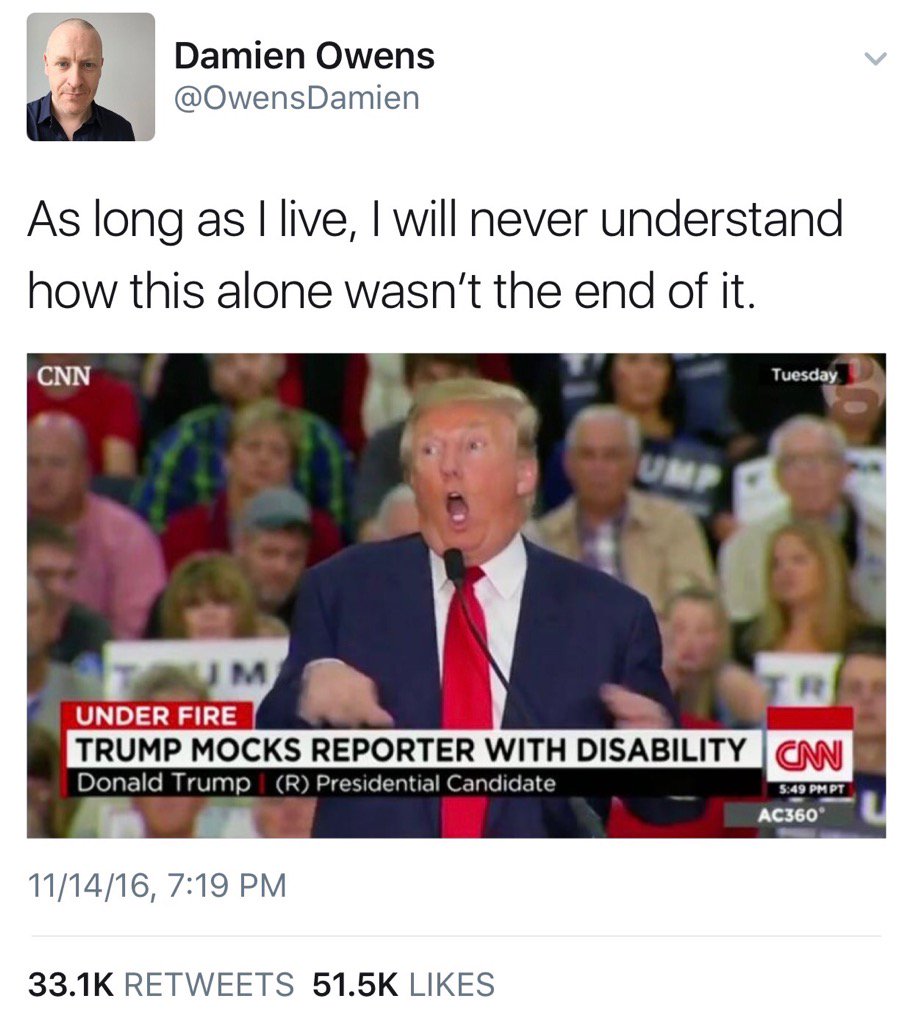In his NYT oped, which I referred to in this post yesterday, the Pope writes:
If we are to come out of this crisis less selfish than when we went in, we have to let ourselves be touched by others’ pain. ...
The pandemic has exposed the paradox that while we are more connected, we are also more divided. Feverish consumerism breaks the bonds of belonging. It causes us to focus on our self-preservation and makes us anxious. Our fears are exacerbated and exploited by a certain kind of populist politics that seeks power over society. It is hard to build a culture of encounter, in which we meet as people with a shared dignity, within a throwaway culture that regards the well-being of the elderly, the unemployed, the disabled and the unborn as peripheral to our own well-being.
To come out of this crisis better, we have to recover the knowledge that as a people we have a shared destination. The pandemic has reminded us that no one is saved alone. What ties us to one another is what we commonly call solidarity. Solidarity is more than acts of generosity, important as they are; it is the call to embrace the reality that we are bound by bonds of reciprocity. On this solid foundation we can build a better, different, human future.
"we have to let ourselves be touched by others’ pain."
Yes.
Empathy, as I have often written about here and even in my newspaper columns, is fundamental to understanding what it means to be human. I wrote in this oped in October 2016 that one of Gandhi’s favorite prayers says it all about being human: It is to “feel the pain of others, help those who are in misery.”
The Pope writing that we have to let ourselves be touched by others' pain echoes the message that I received through the faith in which I was raised. The fact that I do not practice religion, and challenge the very notion of a supreme being, does not mean that I do not value empathy that non-politicized religious leaders talk about with the faithful. Why the faithful choose not to let themselves be touched by others' pain is beyond me. The utter selfishness and disregard for human suffering that the faithful display and practice is one of the most hypocritical behaviors of the religious folk.
Empathy is framed in non-secular philosophy too. Adam Smith, often hailed as the brains behind capitalism, was a philosopher who wrote in A Theory of Moral Sentiments " ... by changing places in fancy with the sufferer, that we come either to conceive or to be affected by what he feels."
Many among the faithful and the irreligious alike seem to conveniently shut themselves off from the sufferer. As the Pope writes, "some of us that we can act as if they don’t exist."
Think, for example, of the wars scattered across different parts of the world; of the production and trade in weapons; of the hundreds of thousands of refugees fleeing poverty, hunger and lack of opportunity; of climate change. These tragedies may seem distant from us, as part of the daily news that, sadly, fails to move us to change our agendas and priorities. But like the Covid-19 crisis, they affect the whole of humanity.
Shutting ourselves off from the sufferer is nothing but a statement of our priorities. We would rather spend money to buy the latest gadget than donate that money to help alleviate human suffering.
I am glad that the Pope continues to hammer the message that the church needs to go to the margins to see life as it really is.
“I’ve always thought that the world looks clearer from the periphery,” he said in the book. “When God wanted to regenerate creation, He chose to go to the margins — to places of sin and misery, of exclusion and suffering, of illness and solitude.”
If only the faithful would think about that!

